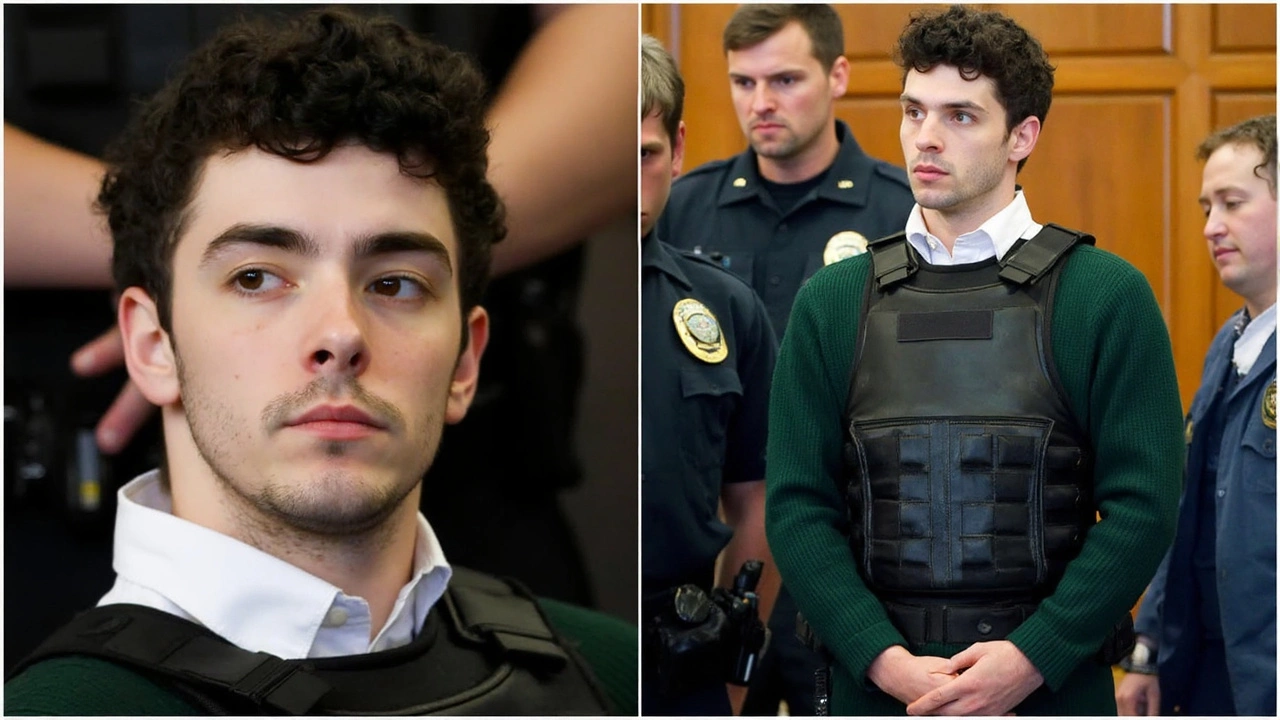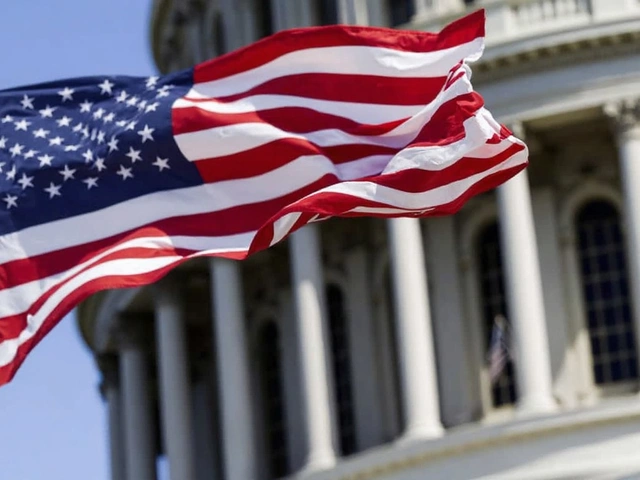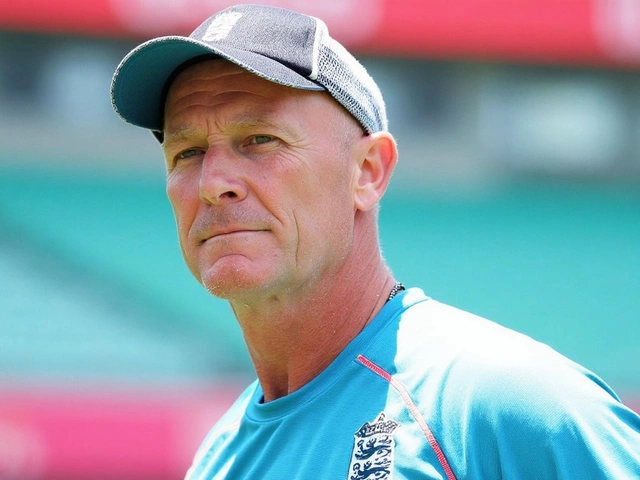Luigi Mangione Pleads Not Guilty in CEO Brian Thompson Killing as Prosecutors Seek Death Penalty
Luigi Mangione's Not Guilty Plea in UnitedHealthcare CEO Murder Case
The halls of Manhattan federal court were tense on April 25, 2025. At the center stood Luigi Mangione, 26, facing the gravest of accusations: the murder of Brian Thompson, the CEO of healthcare giant UnitedHealthcare. It’s a case that’s quickly become one of the year’s most controversial, not just for the high-profile victim but for the government's relentless push for the death penalty.
On December 4, 2024, Thompson, long known as a major figure in American healthcare, was killed—a crime that prosecutors allege was anything but random. During his arraignment, Mangione, dressed in a mustard-colored jail uniform and flanked by his attorneys, told Judge Margaret Garnett he fully understood the weight of the indictment. He pled 'not guilty,' setting the stage for a fierce legal battle.
Federal prosecutors didn’t hold back. They painted Mangione as someone who meticulously planned the killing with the goal, they claim, of sparking a movement against the healthcare industry. These accusations come with their own gravity. The government not only wants to convict Mangione—they want to execute him. They say the act was premeditated and meant to send a message, citing the deep loss felt by Thompson’s family and the significant disruption to his colleagues and the wider industry. Attorney General Pam Bondi, whose tough-on-crime image precedes her, insisted on capital punishment, labeling the murder a 'premeditated, cold-blooded assassination that shocked America.'
Mangione’s defense fired back quickly, calling the death penalty demand 'barbaric.' They’ve filed urgent motions trying to get it off the table, claiming the Justice Department’s strong statements have already poisoned the public and potential jurors against their client. They argue the push for execution is driven more by political calculation than by justice. They also point to what they say are breaches of protocol in how officials made their intentions public.
All the drama spilled into the hearing itself, with Judge Garnett issuing a blunt warning to both camps. She ordered that public statements stop before the trial can take place, making it clear she wants neither side tainting the jury pool. Specifically, she told prosecutors to remind Bondi and the Justice Department to keep their opinions to themselves while the case is active.
The story drew an unusual mix of onlookers. Chelsea Manning, the former Army intelligence analyst and whistleblower, made a surprise appearance in the courtroom, adding another layer of public scrutiny. Whether meant as support for Mangione or as a statement against the death penalty, Manning’s presence shows just how much attention this case is attracting from people far beyond the usual legal circles.
Legal and Political Tensions Surrounding the Death Penalty
Mangione’s future now hangs in the balance as he sits in a Brooklyn federal detention center, waiting for trial. The prosecution and defense are already fighting over more than just his guilt or innocence; they’re battling over the very nature of justice, with the death penalty at the heart of it.
This case puts a spotlight on the intersection of crime, punishment, and ideology. Prosecutors insist they're pursuing the harshest penalty because the act was meant to send fear through a broad swath of society, not just the healthcare sector. The defense team, meanwhile, says this is all about making an example out of Mangione for political reasons.
All parties know the stakes are sky-high. The government's argument paints Mangione as a symbol—someone who used violence to protest the power of organizations like UnitedHealthcare. The defense calls that narrative dangerous, warning that making policy out of a single, tragic event does nothing but inflame the situation.
There’s little doubt the trial will stay in the headlines. With a high-profile victim, talk of ideology, and the looming possibility of the death penalty, this case is set to test the boundaries of everything from federal protocol to the American public’s attitude towards capital punishment. As legal teams prepare for a fight that will stretch for months, no one knows how—or when—it will end.





